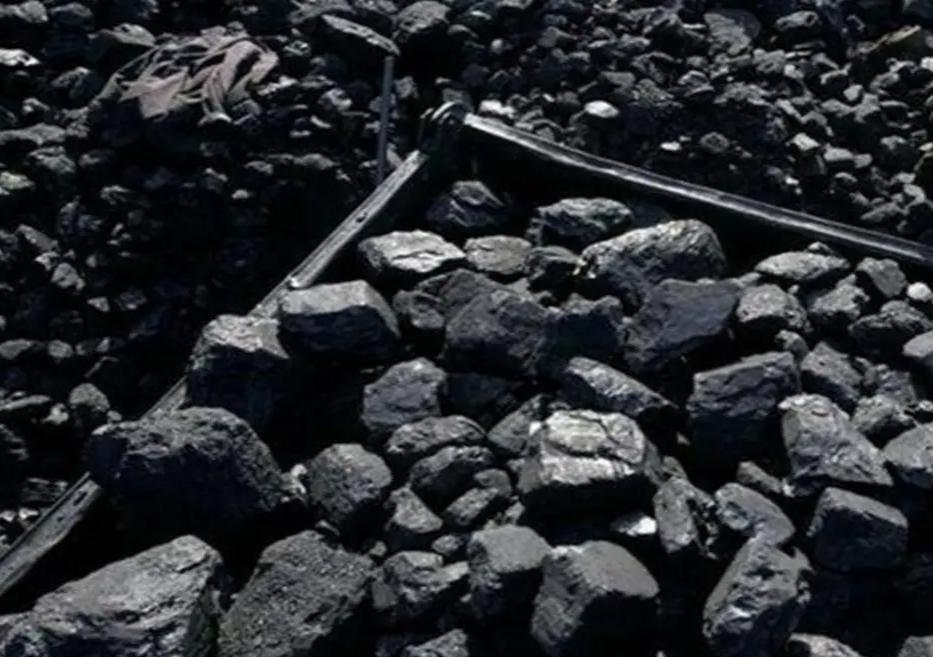
The Russian government has introduced a policy to eliminate export tariffs on coking coal on December 1. Tariffs on thermal coal exports, which were previously eliminated, will be extended until the end of 2024. The reason for this policy is simple: Coal companies have come under intense pressure from western sanctions and the suspension of purchases since the Ukraine crisis. Data shows that one out of every two coal companies in Russia is losing money, and profitability has plummeted. In order to alleviate this dilemma, the Russian government decided to eliminate export tariffs on coking coal. The aim is to reduce the export cost of Russian coal by eliminating export tariffs on coking coal, thereby improving its competitiveness on the international market. This policy is designed to help coal companies tide over difficulties while expanding Russia's coal export market share.
Russia is expected to expand its coking coal export share in Asian markets, such as China and India, through this policy, so as to ease the market pressure brought by Western sanctions. Secondly, the increase in coking coal exports is expected to bring more foreign exchange earnings for Russia, which will promote economic recovery and development. At the same time, the policy also has a complex and multi-faceted impact on the international level. First, the domestic and foreign market impact, the abolition of coking coal tariffs will reduce the export cost of Russian coking coal, thereby improving its competitiveness in the international market. This will help Russian coal companies expand their export share and increase foreign exchange earnings. This will intensify the competition in the international coal market, especially for the coking coal exports of Australia, Mongolia and other countries. For China's coking coal market, the influx of Russian coking coal may increase the supply pressure on the market, which will have an impact on the market price. In the context of intensifying market competition, Russian coal enterprises will have to strengthen technological innovation and cost control in order to improve product quality and reduce production costs. This will help promote the industrial upgrading and sustainable development of the Russian coal industry. Large exports of Russian coking coal may have an impact on international coking coal prices, leading to price volatility. This will have a knock-on effect on downstream industries such as steel worldwide, which in turn will affect the global economy. While coking coal export duties have been eliminated, Russia's coal mining surtax, which is scheduled to take effect in 2025, could add to the burden on companies.
The second is the impact on major importing countries, for coking coal importers, Russia's removal of tariffs will reduce their import costs. This will also help reduce the risk of dependence on a single source. Among them, India and many Asian countries are important importers of Russian coking coal. The removal of tariffs will allow India and other importers to import Russian coking coal at lower prices, helping to develop their steel industry. But equally, this may also have a certain impact on India's local coking coal companies. The elimination of Russian coking coal tariffs will reduce the cost of importing countries to import Russian coking coal, which will help importing countries to improve the competitiveness and development of downstream industries such as steel, which will also help stabilize their energy supply. However, it may also intensify competition in the domestic coking coal market of importing countries, posing a challenge to local coking coal companies.
The third is the impact on the global energy landscape, Russia's elimination of coking coal tariffs will promote the diversification of global energy supplies, helping to reduce the risk of dependence on a single source of energy. This will help maintain the stability and sustainable development of the global energy market. Although coking coal still has an important position in industries such as steel, with the advancement of global energy transition, the alternative role of renewable energy and clean energy will gradually increase. The removal of Russian coking coal tariffs may help to promote the process of global energy transition.
To sum up, Russia's abolition of coking coal tariffs will have a multi-faceted impact on the international market. This policy has positive significance for improving its market competitiveness, but it also faces many challenges. At the same time, it is also necessary to pay attention to potential risks and challenges, and formulate corresponding coping strategies to cope with future market changes.

According to a recent report by Rich Asplund, a columnist for Barchart, the global sugar market is currently experiencing a complex and profound supply-demand game.
According to a recent report by Rich Asplund, a columnist f…
On January 13th local time, the three major US stock indice…
Recently, the 2026 edition of the MIT Technology Review lis…
On January 15, 2026, the US military announced the seizure …
At the 2026 J.P. Morgan Healthcare Conference, a joint anno…
For much of 2025, the market was rethinking whether the dol…